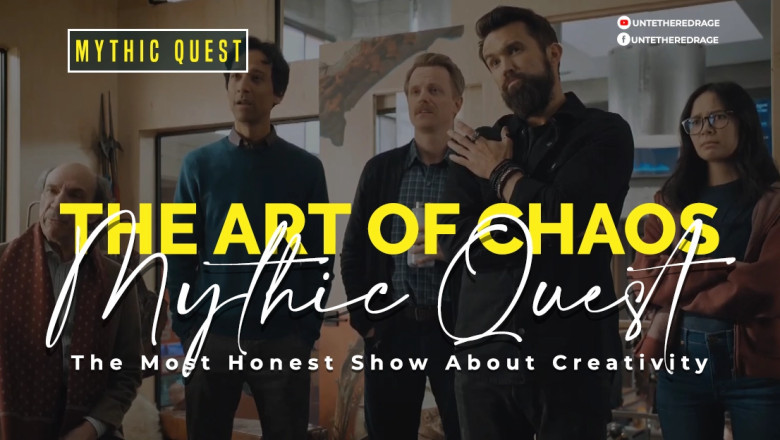
views
At the center is Ian Grimm, played by Rob McElhenney, the narcissistic creative director of the fictional video game Mythic Quest. Ian is the archetype of the “brilliant jerk”, charismatic, visionary, and insufferable. Opposite him is Poppy Li, a genius programmer whose technical skill and restless ambition constantly clash with Ian’s bombastic ego. Their relationship drives the show, forming one of the most nuanced portrayals of collaboration on television.
The genius of Mythic Quest is that it understands the creative process as both inspiring and humiliating. Every breakthrough comes with emotional bruising. Every success carries resentment. In one moment, the team is building worlds; in the next, they’re tearing each other down. The show captures the messy truth that art isn’t made by harmonious teams but by conflicting visions that occasionally align.
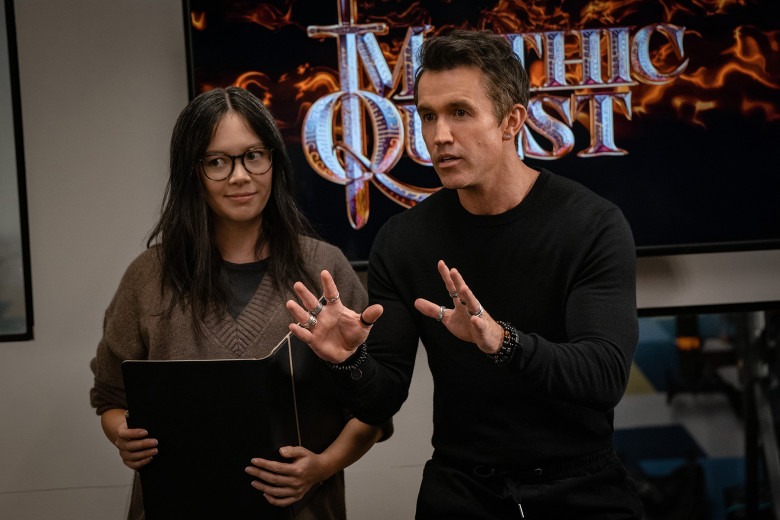
What sets Mythic Quest apart from other workplace comedies is its emotional intelligence. Episodes like “A Dark Quiet Death” and “Backstory!” are standouts not just for their storytelling but for their empathy. These side stories explore the cost of creative compromise, the loss of artistic integrity, and the loneliness that comes with success. They remind viewers that even in a studio full of people, creativity can be isolating.
The ensemble cast adds depth to the chaos. Charlotte Nicdao’s Poppy Li is the emotional core, balancing genius with insecurity. Danny Pudi’s Brad Bakshi, the cold-blooded head of monetization, represents the corporate side of gaming, the tension between art and profit. And then there’s David (David Hornsby), the spineless executive producer who somehow holds everything together by falling apart.
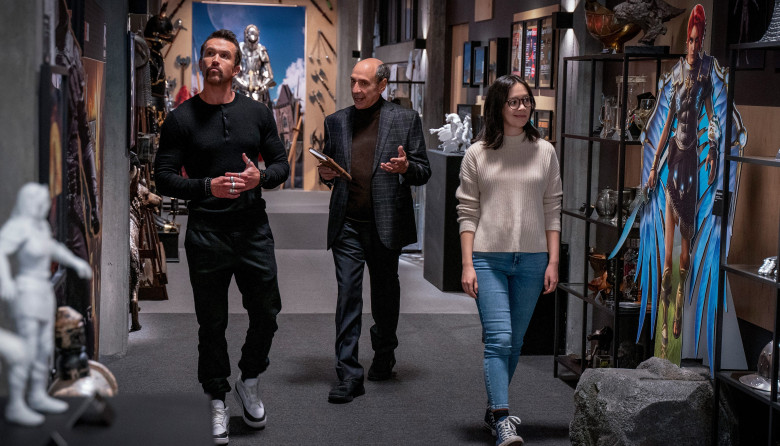
Beyond its sharp writing, Mythic Quest is remarkable for its authenticity. It doesn’t mock the gaming industry from the outside but explores it from within, showing both the absurdity and artistry of making something that millions of people will judge in seconds. The pandemic episode, filmed entirely over video calls, captured the exhaustion and longing of isolation better than most prestige dramas. It wasn’t about technology, it was about connection.
Over time, Mythic Quest evolved from satire to something almost poetic. It’s not really about a game; it’s about the people who make it, the egos that drive them, and the quiet humanity beneath all the shouting. The show finds beauty in dysfunction, in the moments when broken people still manage to create something beautiful together.

In the end, Mythic Quest feels like a mirror for anyone who’s ever tried to build something meaningful with other people. It’s about the absurd, painful, exhilarating process of creation. It’s funny, chaotic, and often uncomfortably real.
So yes, Mythic Quest is a comedy about video games. But more than that, it’s a story about art itself, the compromises, the rivalries, the sparks of genius, and the fragile egos that make it all possible. In a landscape full of formulaic shows, Mythic Quest stands out because it understands the hardest truth about creativity: that it’s equal parts collaboration and collision, and somehow, out of that wreckage, something great can emerge.











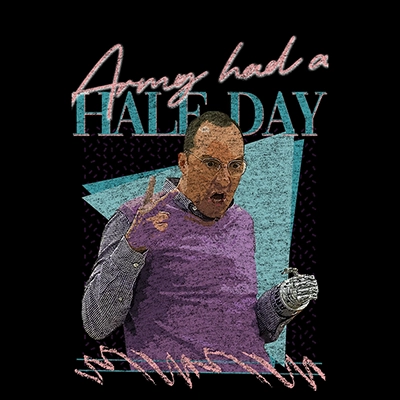
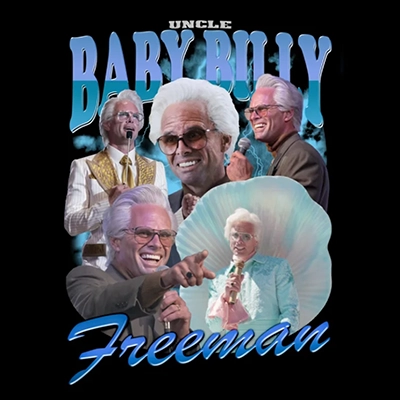


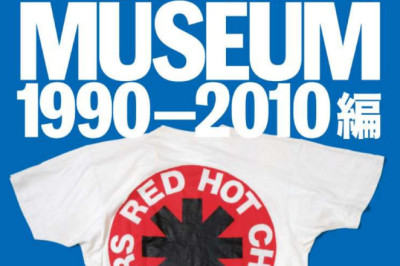
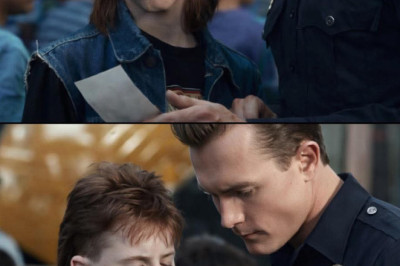
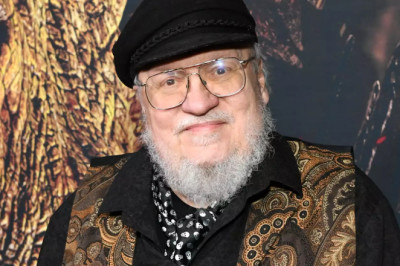

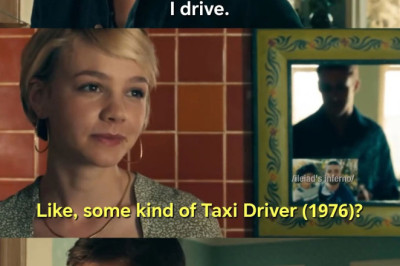
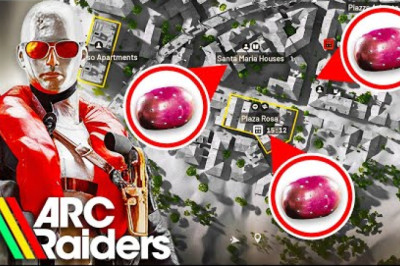
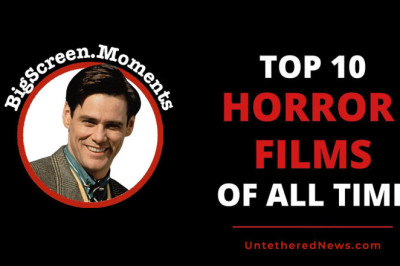


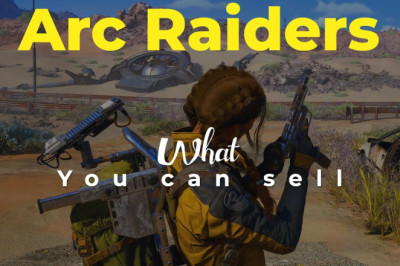
Comments
0 comment